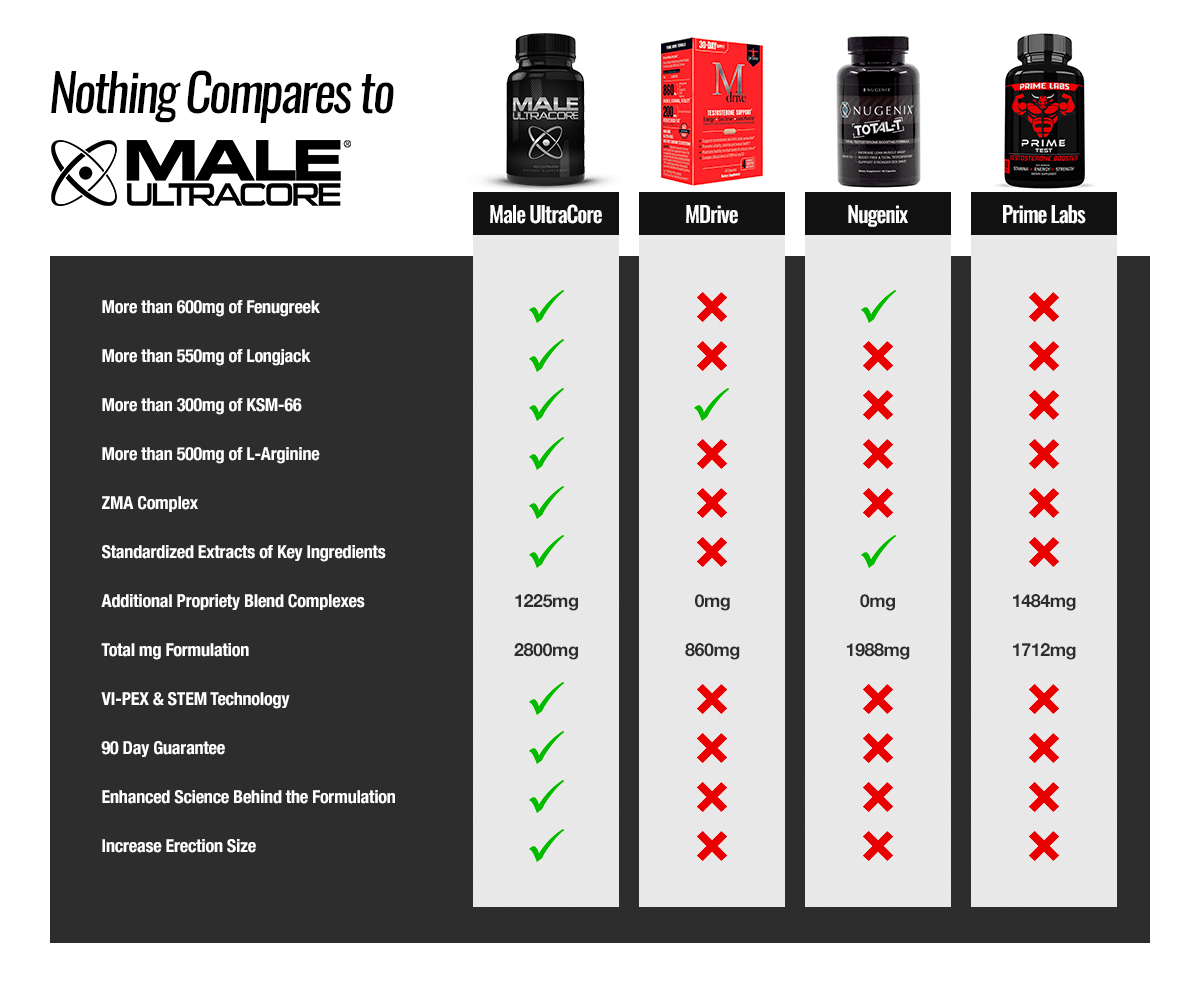Intimacy is associated with closeness, attachment, familiarity, understanding, warmth, attachment, affection, and togetherness. These are all positive things to have in a relationship. But not everyone welcomes intimacy.
Have you heard people say you’re emotionally distant? That you shut people out or that you resist being close to other people? You may have noticed these behaviors in yourself. If you want to gain a better understanding of your fear of intimacy, continue reading.
Fear of Intimacy – What Is It?
Most people who fear intimacy are not aware that they harbor such fears. Although it happens subconsciously, fear of intimacy can make you engage in behaviors that can sabotage and inflict great damage to your relationships.
Fear of intimacy is actually considered a mental health issue. When you fear intimacy, it means that you view becoming close to other people as something that’s threatening or makes you vulnerable.
Intimacy in relationships takes different forms. We’re all familiar with emotional intimacy wherein one person shares an emotional connection with another person by sharing one’s innermost feelings. Sexual intimacy, of course, is characterized by having a close sexual relationship with another.
Intimacy can also be intellectual, which means that you bond with someone meaningful discussions and exchanging of ideas. Experiential intimacy, on the one hand, refers to when you share common interests and experiences with someone.

A person who is afraid of intimacy tends to avoid all forms of close connection, regardless of whether it’s emotional, intellectual, experiential, or even sexual. This doesn’t mean, however, that you no longer want or need to be intimate with someone when you have a fear of intimacy.
What Causes Fear of Intimacy?
When you are afraid of being emotionally or physically close with someone, that kind of fear doesn’t just happen out of the blue. There are many reasons why one would develop such a fear of intimacy, and most of these causes have psychological roots. For example, some people develop a fear of intimacy as a defense or coping mechanism.
Avoidant personality disorder
While avoidant personality disorder may lead to a fear of intimacy, the two are actually different. Fear of intimacy is focused on the idea of being physically intimate or being emotionally close to another person.
Avoidant personality disorder is actually a form of anxiety disorder that affects about 2% of the population. Symptoms include being oversensitive to criticisms, avoiding social situations, as well as low self-esteem and fear of humiliation.
Fear of rejection
A lot of people become afraid of intimacy because they fear rejection. To be intimate with someone, you’ll need to open up to that person, which can make you feel vulnerable. And when you’re vulnerable, rejection can hurt a lot.
Some people fear rejection so much that they don’t want to take the first step at all in forming a relationship. Others develop a fear of rejection after having experienced it in such a painful, embarrassing, or traumatic manner that they don’t want to go through it all over again.
Fear of abandonment
If you’ve been abandoned by all the people you loved, you could end up thinking there’s no use in loving someone or being intimate with someone because that person will just leave you anyway. Fear of abandonment is usually rooted in a negative childhood experience such as being abandoned by a parent or the death of a loved one.
History of neglect or sexual abuse
If you’ve been neglected or abused as a child, the effects of such negative experiences can linger and stay with you even in your adulthood. You may want to avoid all forms of sexual interaction because it reminds you of what you went through.
When the fear of intimacy is rooted in childhood sexual abuse, it may be accompanied by other symptoms such as inappropriate sexual behavior, feelings of disgust or guilt when touched by someone else, emotional distance during sex, inhibited sexual desire, as well as physical problems like erectile dysfunction or orgasmic dysfunction.
How Does Fear of Intimacy Affect Your Relationship?
A person suffering from fear of intimacy is most likely to exhibit behaviors that can push the partner away or cause tension in the relationship. What’s unfortunate is that such behaviors not only destroy the relationship but also causes the partner to suffer pain, loneliness, frustration, resentment, and embarrassment.

Imagine how you would feel if your partner always rejected you whenever you say you want to have sex. Withholding sex is actually one of the ways by which someone who fears intimacy tries to distance himself or herself from the partner.
Someone who fears intimacy may also become overly critical of his or her partner. Whereas praises and encouragement help increase the level of intimacy within a relationship, constant criticisms, on the one hand, can lead to emotional distance and loss of intimacy.
How to Overcome Your Fear of Intimacy
If you only have a mild case of fear of intimacy, you may not necessarily need professional help to overcome the problem. You may be able to overcome your fear of intimacy on your own, or you can turn to self-help books for guidance.
However, you should consider getting professional help if your fear of intimacy is accompanied by depression. If your fear of intimacy is due to trauma or if your fear of intimacy is too severe or intense, then you should definitely see a licensed practitioner who can help you get rid of your fear.
Fear of intimacy may cause you to lose your libido or to develop erectile dysfunction. If you’re too afraid to engage in sexual intimacy with your partner, your fear can manifest as a physical inability to have sex.
One way to overcome such effects of fear of intimacy is by taking Male UltraCore regularly. As a sex enhancement supplement, Male UltraCore is one of the most potent and effective.
Plus, it’s so safe that you can actually take it daily for the long term. With Male UltraCore, you’ll experience amazing improvements in your libido and erection quality, so you won’t have any embarrassing problems with your sexual performance at all.
Increase Your Testosterone Levels with Testosterone Boosters
Male UltraCore is a premium testosterone boosting supplement that is designed to maximize test levels, increase your performance and drive, and give you harder and fuller erections. 





